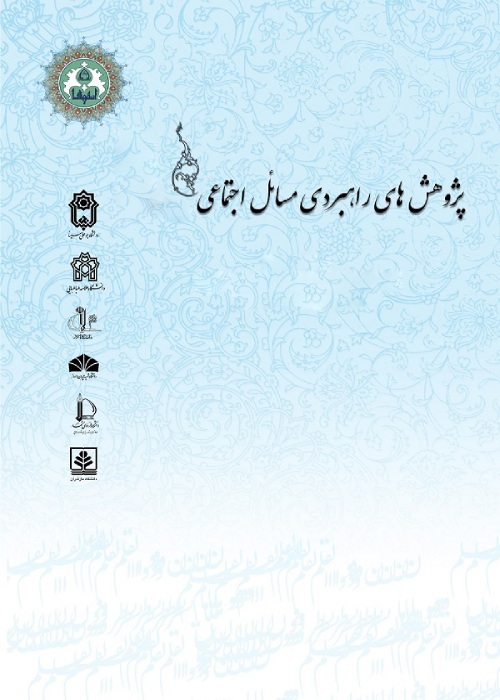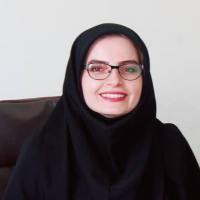The Problematic of Social Hope in Iran: A Futuristic Approach
One of the most important goals of future studies is to draw positive images of the future and motivate people in society to change to achieve those images. But these images do not form suddenly, several cultural, social, economic, political, and psychological factors are influential in their formation and as long as the people of the society do not hope for the realization of a better society in line with the images made, they will not take steps to draw and realize them. Positive and optimistic collective images are necessary but not enough to achieve a better situation in the future. We need something beyond merely positive images of the future to ensure movement and commitment to change the current situation for the better, and that is social hope. Social hope is one of the most important future-oriented emotions that should be studied because the health and dynamism of a society depend on the level of hope of most members of that society. At the social level, the more people hope for the transformation of the society, the greater their participation in building the future of that society will be. By this hope, all individual and collective capacities to change future growth and are used together to build a better society. In the meantime, hope has been less studied from a social perspective. Even globally, very few studies have addressed the issue of social hope, and most of the studies conducted are merely philosophical views of hope that have been published in the form of books. The anonymity of social hope as a subject of research on the one hand and the need to address it, especially in the turbulent years that Iranian society is going through, on the other hand, are the main ideas of the present study. This study is a scientific attempt to investigate the problematization of social hope among contemporary Iranian scholars. Also, the irreplaceable importance of hope in futures studies as an interdisciplinary shows the epistemological and methodological aspects of this research.
The present article is a developmental study carried out in the qualitative research tradition framework using conventional content analysis. In this study, any text or article that directly or indirectly addressed the issue of social hope in Iran and was published as an article, lecture, memo, interview, or news, was collected. The collected texts, including the articles published on the websites, made up between 1200 and 1500 pages of text. These texts were carefully studied and all the sentences, paragraphs, or sections that created a common concept were put together and then conceptualized. In the next stage, the created concepts led to the formation of categories. When naming categories, the ones that are logically most relevant to the data were selected.
After analyzing the selected sources, 21 key contents were extracted. Finally, 5 main themes or topics were identified after analyzing, merging, and overlapping the original codes: social hope as a shared matter, demystifying of social hope, futures, agency, the duality of good and evil of government. Social hope is a construct, not a structure, that is, the policy of social hope must produce and reproduce hope as a social construct. The production of hope takes place in languages and discourse worlds. Hence, the idea of social hope must be introduced into the linguistic world of social discourse, politics, and systems of knowledge, especially the discourse of the social sciences. The creation of social hope by sharing individual hopes and creating positive images of the collective future is the most important social task of Futurists. Of course, the capacity of social institutions must also be used to create social hope. A hopeful society includes many institutions that can grow in free space and be a source of social hope by creating a space for dialogue and participation.
- حق عضویت دریافتی صرف حمایت از نشریات عضو و نگهداری، تکمیل و توسعه مگیران میشود.
- پرداخت حق اشتراک و دانلود مقالات اجازه بازنشر آن در سایر رسانههای چاپی و دیجیتال را به کاربر نمیدهد.



